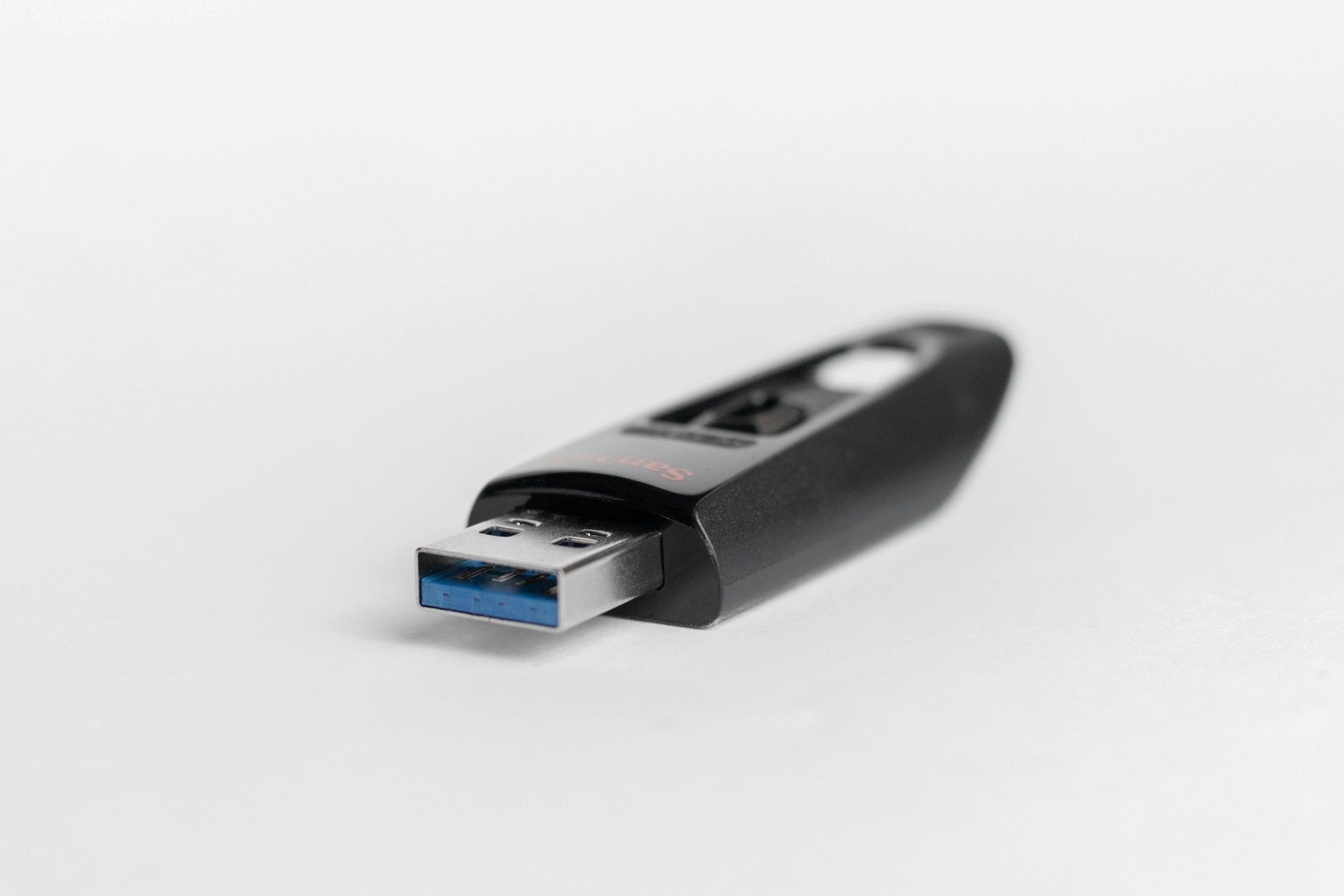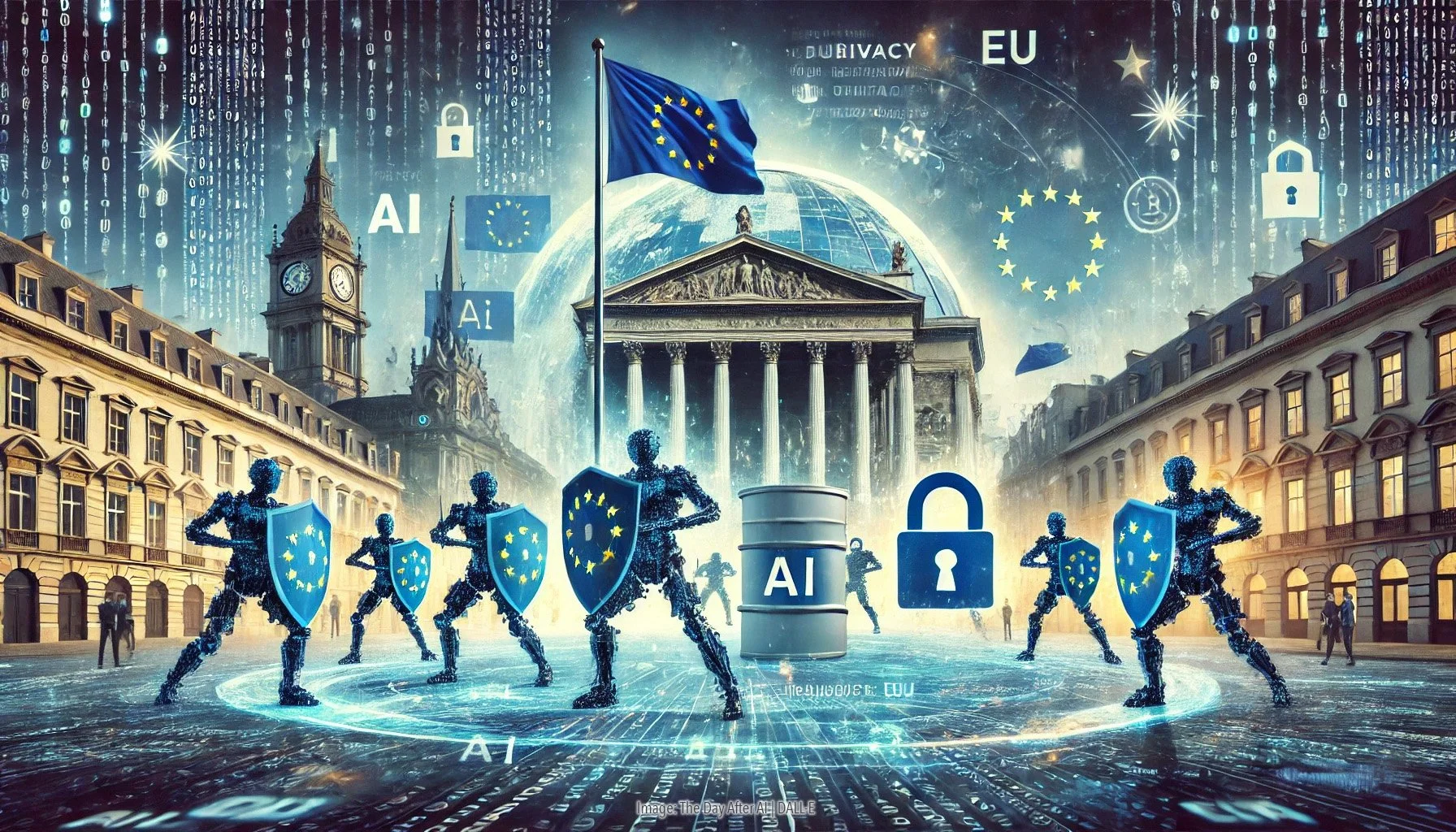
Legal & Ethics
TheDayAfterAI News
Legal & Ethics
TheDayAfterAI News
Australia’s Under-16 Social Media Ban: AUD 49.5m Fines & 10 Key Apps Listed
Australia enters the enforcement phase of its under-16 social media ban on December 10, 2025. With penalties reaching AUD 49.5 million, platforms like Facebook and TikTok must now demonstrate reasonable steps to block young users. This report details the legal scope, the 10 affected services, and the privacy safeguards mandated by the new legislation.

Latest Trends & Development
Digital Security
Privacy Concerns
Digital Security

Ecovacs Under Scrutiny: Privacy Concerns and Cybersecurity Flaws Shake Trust in Smart Vacuums
Scam & Fraud
Legal & Ethics
Security Solutions
Digital Security
Weekly Highlighted Videos
Curated and recommended by our team, these videos showcase cutting-edge developments in AI's role in security and privacy. Discover how AI is advancing security innovations, addressing legal implications, and raising ethical concerns.
Have a video you'd like featured? Contact us today!
More AI and Tech Insights News

AI Academy
AI Academy
Chatbot Development
Chatbot Development
Technology & Innovation
Technology & Innovation
Daily AI Headlines
Featured























































































